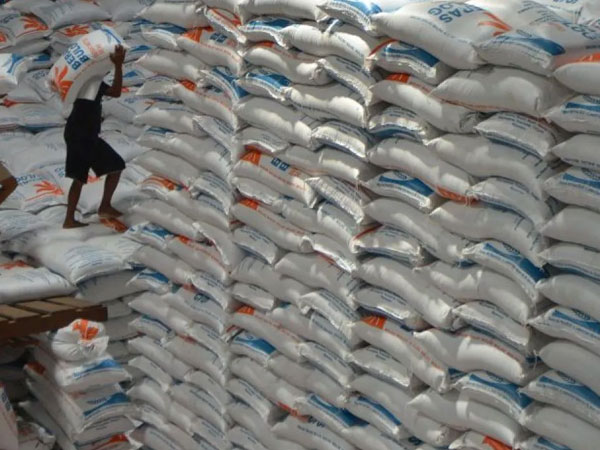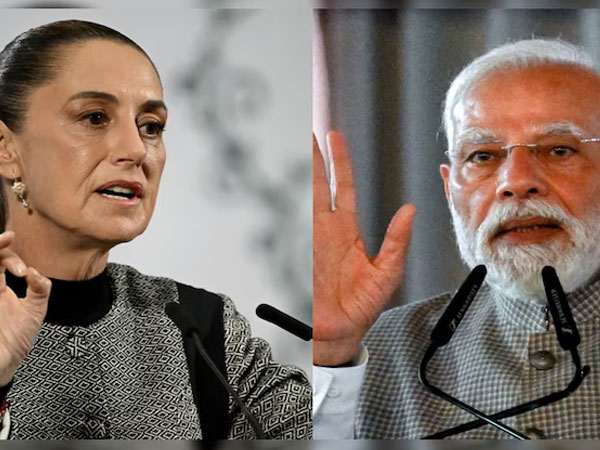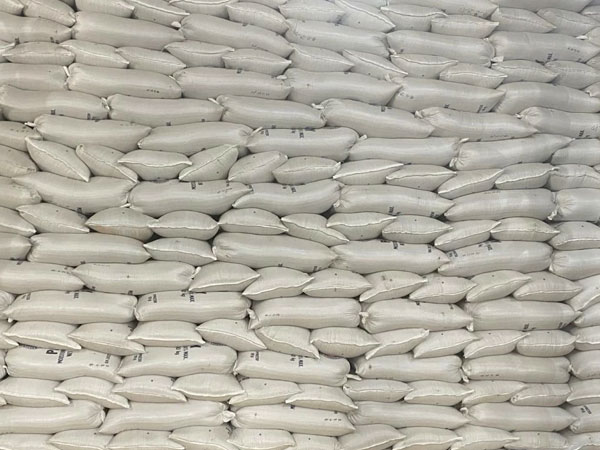 TEMPO.CO, Jakarta - The Head of the National Food Agency (Bapanas), Arief Prasetyo Adi, said that rice is exempt from the upcoming Value Added Tax (VAT) increase to 12%, but the ripple effects of this policy could still influence rice prices.
TEMPO.CO, Jakarta - The Head of the National Food Agency (Bapanas), Arief Prasetyo Adi, said that rice is exempt from the upcoming Value Added Tax (VAT) increase to 12%, but the ripple effects of this policy could still influence rice prices.
Arief explained that although rice may not be directly subject to VAT, various components involved in its production and distribution are indeed taxable. For instance, logistics costs are likely to rise as a result of the VAT hike, which could subsequently impact rice prices.
"For example, if fuel prices increase, it will affect the transportation costs for rice, even though it's not a direct impact,” Arief told reporters at the Parliament Complex in Jakarta on Tuesday, November 19, 2024
Arief further noted that the VAT hike will lead to increased prices for other goods sold in convenience stores and supermarkets. This, in turn, could indirectly affect household budgets, potentially leading to increased demand for affordable staples like rice. “There will definitely be an impact, although not significant,” he added.
However, Arief could not provide a specific estimate of the potential price increase for rice. He acknowledged that Finance Minister Sri Mulyani Indrawati would have carefully considered price elasticity in her decision to increase the VAT rate.
The government decided to increase the VAT rate from 11% to 12% which will take effect on January 1, 2025. This is in accordance with Law Number 7 of 2021 concerning Tax Regulation Harmonization. Prices of goods and services will rise, as producers and sellers typically pass on the tax to consumers.














© Copyright 2025 The SSResource Media.
All rights reserved.